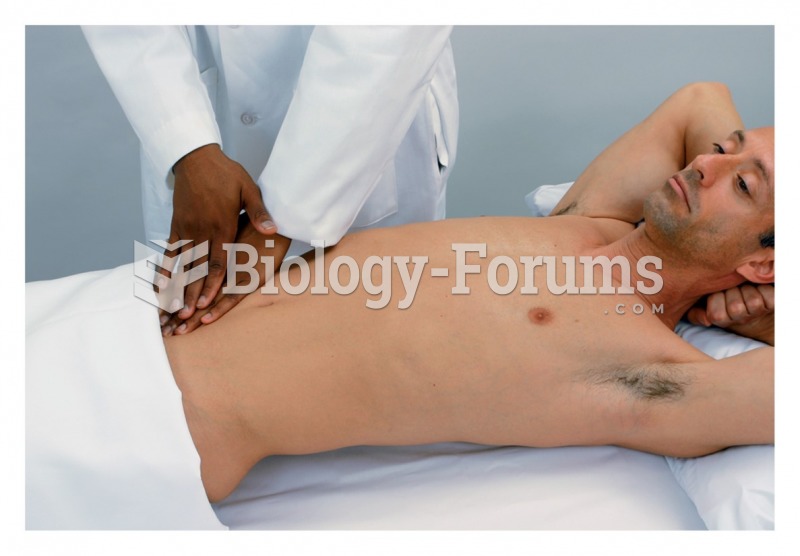|
|
|
As of mid-2016, 18.2 million people were receiving advanced retroviral therapy (ART) worldwide. This represents between 43–50% of the 34–39.8 million people living with HIV.
Between 1999 and 2012, American adults with high total cholesterol decreased from 18.3% to 12.9%
There are major differences in the metabolism of morphine and the illegal drug heroin. Morphine mostly produces its CNS effects through m-receptors, and at k- and d-receptors. Heroin has a slight affinity for opiate receptors. Most of its actions are due to metabolism to active metabolites (6-acetylmorphine, morphine, and morphine-6-glucuronide).
More than 30% of American adults, and about 12% of children utilize health care approaches that were developed outside of conventional medicine.
There are 20 feet of blood vessels in each square inch of human skin.







